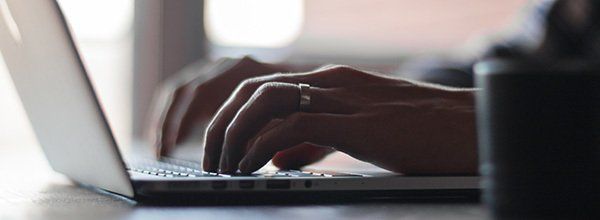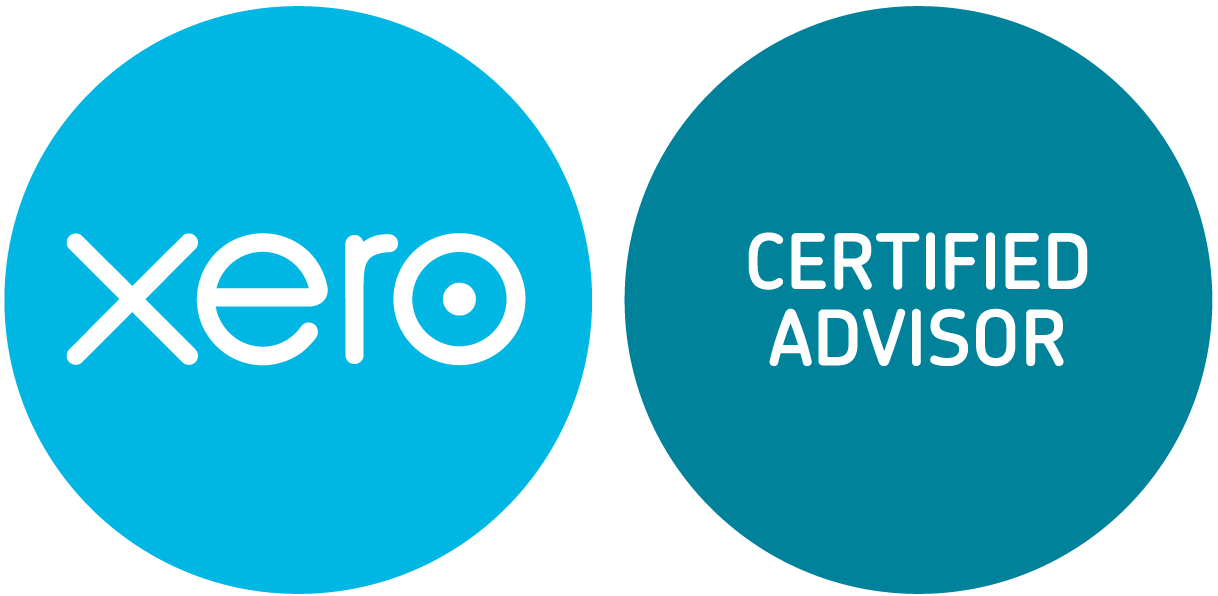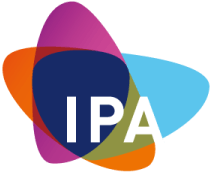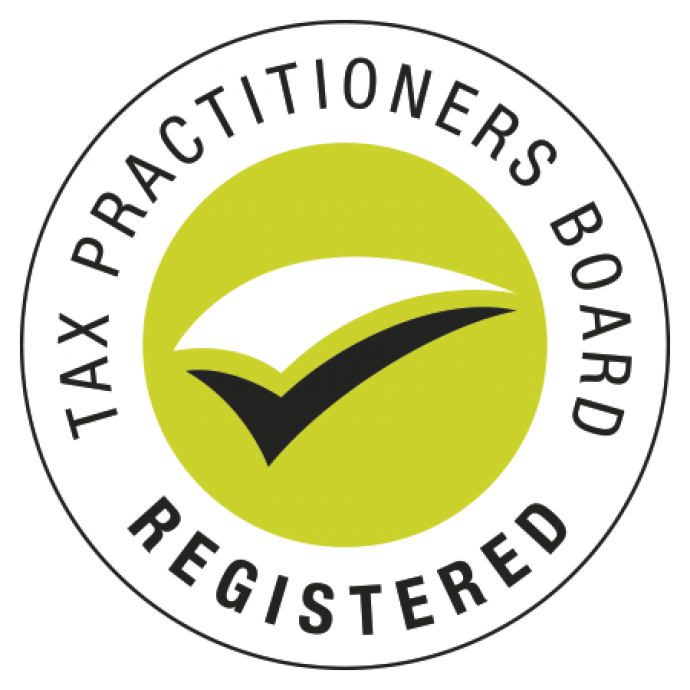Blog Layout
COVID-19 - HOW IT AFFECTS YOU AND YOUR BUSINESS
Mar 19, 2020
7 Things you need to know about COVID-19
- What is COVID-19?
- What is the Australian Government doing about the situation?
- Will the stimulus package affect individuals and households?
- Will the package offer support for your business?
- Is any tax support for businesses included in the package?
- What are your WHS obligations?
- What’s next for your business?
1. What is COVID-19?
COVID-19 is a coronavirus strand and severe acute respiratory virus first discovered in December 2019 in Wuhan, China. Since then, the virus has spread to countries all over the world, including Australia, and has been classified as a pandemic by the World Health Organisation.
While the COVID-19 mortality rate hovers at a global average of 3-4%, it is not to be taken lightly as the virus poses a great threat to older populations and those with underlying medical problems such as diabetes, heart failure, and other serious health matters. With the virus slowing economic activity, governments around the world have aimed to create policies that will help strengthen their economies at a time of crisis and recession.
2. What is the Australian Government doing about the situation?
As a result of COVID-19 and its potential impact on Australia’s already slowing economy, the Morrison Government has announced the release of a $17.6 billion coronavirus stimulus package.
$11 billion is scheduled to be injected into the economy by July 2020 in the hope of an immediate upturn in economic activity in Australia. A notable feature in the stimulus package is its tax relief and asset write-off expansions for small businesses, taxfree payments to pensioners and welfare recipients, and funds to support businesses in retaining apprentices.
The Government has also separately announced a $2.4 billion COVID-19 health package which is set to create up to 100 pop-up fever clinics and a Medicare item for telehealth consultations aimed at slowing the spread of COVID-19.
3. Will the stimulus package affect individuals and households?
Pensioners and welfare recipients will be provided with tax-free payments of $750 starting from 31 March 2020. This is aimed at helping them through the COVID-19 crisis and boosting economic activity. The payments will be given to around 6.5 million lower income Australians, totalling to a $4.67 billion budget.
The payments will automatically be made to social security, veteran and income support recipients including old-age pensions, carers, disabled pensioners, youth allowance recipients as well as family units receiving family tax benefits.
4. Will the package offer support for your business?
The Federal Government’s stimulus package aims to encourage business spending in an effort to increase cash flow, stave off an economic recession, boost consumption and protect employment.
The instant asset write-off threshold has been increased from $30,000 to $150,000 and expanded access to include businesses with aggregated annual turnover of less than $500 million (up from $50 million). This applies from 12 March 2020 until 30 June 2020, for new or second‑hand assets first used or installed ready for use in this timeframe.
In addition, the Government is introducing a 15 month investment incentive (through to 30 June 2021) to support business investment and economic growth over the short term by accelerating depreciation deductions. Businesses with a turnover of less than $500 million will be able to deduct 50 per cent of the cost of an eligible asset on installation, with existing depreciation rules applying to the balance of the asset’s cost.
Up to 700,000 small businesses will also benefit from the package’s payments. Business will receive these payments based on 50% of their PAYG withholding obligations for the 6 month period ending 30 June 2020, with a minimum benefit of $2,000 and maximum of $25,000. These payments make up $6.7 billion of the package and will assist businesses in paying wages and employing extra staff.
Businesses employing apprentices will also largely benefit from the Federal Government’s stimulus package. As part of the package, 117,000 apprentices will be supported by the Government with its $1.3 billion funds in wage subsidies.
Eligible employers can apply for a wage subsidy of 50 per cent of the apprentice’s or trainee’s wage paid during the 9 months from 1 January 2020 to 30 September 2020. Employers will be reimbursed up to a maximum of $21,000 per eligible apprentice or trainee ($7,000 per quarter). The subsidy will be available to small businesses employing fewer than 20 employees who retain an apprentice or trainee. In the event that an employer is unable to retain an apprentice, the subsidy can be transferred to a new employer who will employ the apprentice.
Recent apprenticeship rule changes have also meant that there will be no financial penalties if apprenticeships get delayed because of issues caused by COVID-19. Breaking in learning (BIL) rules have also been loosened and providers will no longer be fined in BIL cases.
5. Is any tax support for businesses included in the package?
As a result of the negative economic impacts of the coronavirus, the ATO is showing greater leniency to tax debt deferment requests from small businesses who are up to date with their tax returns and Business Activity Statements (BAS) and have a plan of when tax payments will likely return to normal.
The ATO is also offering administrative relief for certain tax obligations for those in regions affected by COVID-19 on a case-by-case basis. Currently, the ATO are working with other government agencies and local organisations to alleviate the tax strain on impacted communities. This includes a temporary shop front in Cairns dedicated to helping small businesses, with additional shop fronts in other regions also being considered.
6. What are your WHS obligations?
Works Health and Safety (WHS) laws require a person conducting a business or undertaking (PCBU) to ensure the health and safety of their workers and others at the workplace. WHS laws also require PCBUs to identify any coronavirus-related hazards and their associated risks in the workplace and to undertake reasonably practicable measures to eliminate or minimise those risks.
Businesses who physically interact with their customers and clients should review their infection control policies and procedures and to take extra care to implement safe systems of work. Workers also have WHS obligations to protect themselves and others and if they believe they are at risk of infection, they should raise the issue with their manager or WHS representative.
7. What’s next for your business?
Businesses should consider implementing some structural changes and preventative measures to their workplace to protect the safety of employees and minimise the risk of the coronavirus spreading. Here are some suggestions:
- Allowing employees to work from home and providing them with the resources to do so (e.g. VPN, computers, etc.).
- Becoming more flexible with working hours and dividing employees into different time slots to avoid contagion.
- Promote frequent and methodical handwashing. Consider putting up posters on how to wash your hands properly.
- Practicing social distancing (e.g. no handshaking).
- Encourage staff to sneeze or cough into their elbow rather than their hand.
- Reviewing insurances for staff required to travel (domestically and internationally).
With fears of COVID-19 on the rise and more people choosing to drive over using public transport, problems of traffic congestion and lack of parking are likely to arise. This will also pose as a significant problem for companies specialising in delivery services. It is thus important to recognise these flow-on effects as a result of the coronavirus and remain flexible with your daily business operations.
If you are concerned about any of the issues raised, please call us on (07) 4697 9332 - we would be happy to help you.
Kind Regards,
Carmel Summers and the team.
The material and contents provided in this publication are informative in nature only. It is not intended to be advice and you should not act specifically on the basis of this information alone. If expert assistance is required, professional advice should be obtained.
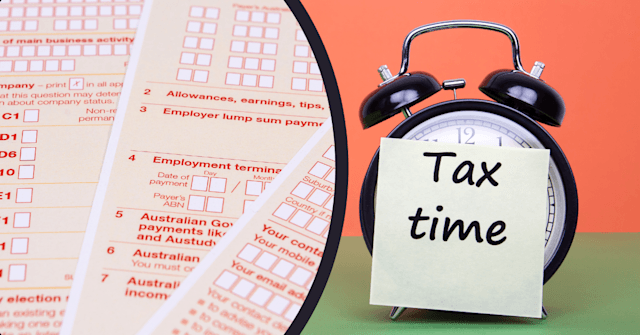
by Carmel Summers
•
28 Jun, 2022
The end of the financial year is nearing…have you captured all your work-related deductible expenses to make the most of your 2022 tax return? Income The Australian Taxation Office (ATO) automatically receives information from your employers about salary and wages that you have been paid for the financial year. You need to declare all income from other sources on your tax return as well. Wages and salaries from employment. Pensions, annuities or government payments such as JobKeeper. Investment income including interest earned and dividends paid. Cryptocurrency gains or losses. Business or hobby income. Foreign income. Crowdfunding income. Sharing economy income such as Uber or Airbnb. Any other income such as prize money, compensation or insurance payments. Even if you have only earned a small amount from one of these sources, it still needs to be declared on the tax return. Gather all your records for anything you have earned apart from salary and wage payments from employers. You will need: bank statements that show interest income; proof of earnings from other sources such as crowdfunding or share economy platforms; records of business or hobby income; records of government payments received; records from cryptocurrency wallets showing transactions and the balance of each currency at 30 June; and records of any other payments received from overseas sources, prize winnings, insurance or investments. Tax Deductions Employees are entitled to claim work-related expenses as a tax deduction. To claim a tax deduction, you must have spent the money out of your own funds and not have been reimbursed by your employer. The expenses must relate to your earnings as an employee. Make sure you have invoices and receipts as proof of payment for any work-related expenses. Expenses you may be able to claim Vehicle and travel expenses – make sure you have a travel diary to record details of trips taken for your employment. Clothing, laundry and dry-cleaning expenses – you can claim for occupation specific clothing, uniforms and protective gear. Home office expenses – the shortcut calculation is still available this year for people who have worked from home due to COVID-19. This allows for a flat rate of 80 cents per hour for work time. You will need records of the hours you have worked from home to claim the ATO special rate. For people who usually work from home, check the ATO home office expenses calculator to maximise the allowable deduction. Self-education expenses – some education expenses that relate to your current employment are claimable. Tools and equipment – if you buy gear to help you in your job, these may be claimable. Small tools of trade, protective items, professional references and laptops are some examples of equipment you may be able to claim. Occupation and Industry Specific Guidelines The ATO recognises that some occupations and industries have specific requirements that employees need to pay for. There are handy ATO fact sheets for many industries, including hairdressers, teachers, performing artists, hospitality workers, lawyers, medical professionals and more. These guides are a great starting point if you are not sure what you can claim, but we can give you information tailored to your situation when you do your tax return. Superannuation If you have made personal superannuation contributions separate to your employer’s superannuation guarantee contributions, you may be able to claim this as a tax deduction. You will need to provide a notice of intent to claim form to your super fund and receive acknowledgement from the fund before doing your tax return. Book a time with us now to prepare for your tax return and we’ll make sure you maximise your allowable tax deductions this year. Contact details below:



